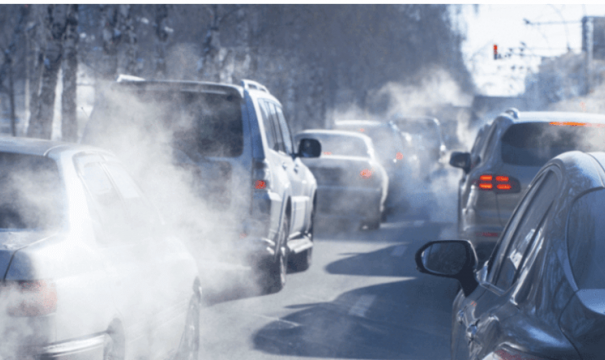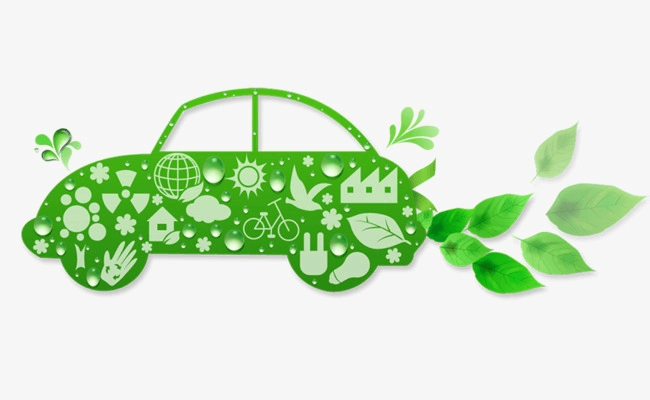HOW MUCH EMISSIONS DO CARS PRODUCE EACH YEAR, AND WHY IS IT IMPORTANT TO REDUCE THIS FIGURE?

CO2 has an impact on the whole world, on fauna and flora, on the melting of glaciers, on the weather and on the frequency of natural disasters.
The word emissions is used by all of us in a certain context. Have you ever thought about why emissions are bad, what they cause and how we can reduce them effectively?
The word emissions is probably most associated in the current climate with CO2, which stands for carbon dioxide emissions. They are clearly the biggest contributor to air pollution. They lead to climate change and, not least, global warming. CO2 emissions accumulate in the atmosphere below the ozone layer. In layman's terms, these accumulated gases prevent heat from the earth from reaching space, thereby increasing the earth's temperature. In recent years, this has had an increasing impact with an exponentially accelerating rate on the entire world, on fauna and flora, on melting glaciers, on the weather or on the frequency of natural disasters.
Emissions have traditionally increased along with the purchasing power of the population. As things and goods become more accessible to a larger mass of people, production increases. This is also true for the automotive sector. Cars are becoming more and more affordable for ordinary people, mainly thanks to rental and operating leases. You do not have to buy a car for tens of thousands of euros to use it, but you can rent a car for a few hundred euros a month as needed .

So how to achieve CO2 reduction and how to set targets and priorities in this regard?
The European Union's targets in this regard are more than ambitious.
Average CO2 levels are at:
- 2019 with a minimum achieved at 122.3 g CO2/km, while the EU'starget was to get below 130 g CO2/km, and they have succeeded.
The CO2 average plan is set to be even stricter for the next period:
- 2020-2024 at 95 g CO2/km
 Despite the constant reduction of CO2 over the last 10 years, this pace has slowed. When we look at why this is the case, despite EU policies and restrictions, we see an interesting trend.
Despite the constant reduction of CO2 over the last 10 years, this pace has slowed. When we look at why this is the case, despite EU policies and restrictions, we see an interesting trend.
Customers are increasingly favouring SUV car models, which, however, have higher CO2 emissions. These are mostly petrol models with an average CO2 value almost 10% higher. The biggest influence on the implementation of the CO2 reduction strategy is therefore the users, whether private individuals or companies, and their preferences. Corporate social responsibility is many times, especially in the West, but it is gradually penetrating into the Slovak Republic as well, as a condition for the acquisition of a fleet of vehicles, not only the price but also the CO2 emission value, and according to this it is decided which vehicles to choose for their fleet from which provider.
The intention to have a green fleet is indeed the simplest way in which companies can also contribute to responsible coexistence for all of us. The most important thing, and this is true everywhere, is to start with something. However, the sooner companies that drive a lot of KM per month or deliver goods realise this, the sooner we will not only achieve the common goal, but exceed it.
The big players in the operating leasing and vehicle rental arena are also looking at average CO2 as one of the primary metrics when selecting vehicles for their fleets .
Contact
If you are interested in our offer or would like to learn more about our services, please contact us at +421 900 200 200 ( this line is charged at 0,60€/minute incl. VAT), or send us an email to info@avis.sk.
To make a reservation click here: